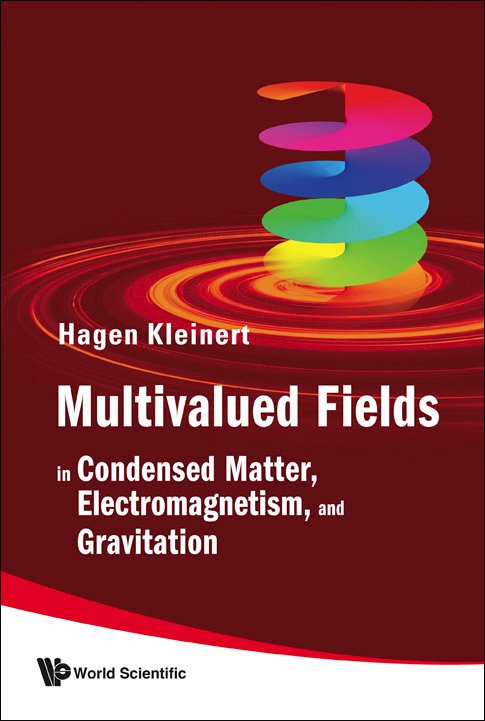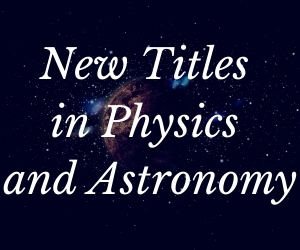System Upgrade on Tue, May 28th, 2024 at 2am (EDT)
Existing users will be able to log into the site and access content. However, E-commerce and registration of new users may not be available for up to 12 hours.For online purchase, please visit us again. Contact us at customercare@wspc.com for any enquiries.
This book lays the foundations of the theory of fluctuating multivalued fields with numerous applications. Most prominent among these are phenomena dominated by the statistical mechanics of line-like objects, such as the phase transitions in superfluids and superconductors as well as the melting process of crystals, and the electromagnetic potential as a multivalued field that can produce a condensate of magnetic monopoles. In addition, multivalued mappings play a crucial role in deriving the physical laws of matter coupled to gauge fields and gravity with torsion from the laws of free matter. Through careful analysis of each of these applications, the book thus provides students and researchers with supplementary reading material for graduate courses on phase transitions, quantum field theory, gravitational physics, and differential geometry.
Sample Chapter(s)
Basics (408 KB)
Contents:
- Basics
- Action Approach
- Continuous Symmetries and Conservation Laws. Noether's Theorem
- Multivalued Gauge Transformations in Magnetostatics
- Multivalued Fields in Superfluids and Superconductors
- Dynamics of Superfluids
- Dynamics of Charged Superfluid and Superconductor
- Relativistic Magnetic Monopoles and Electric Charge Confinement
- Multivalued Mapping from Ideal Crystals to Crystals with Defects
- Defect Melting
- Relativistic Mechanics in Curvilinear Coordinates
- Torsion and Curvature from Defects
- Curvature and Torsion from Embedding
- Multivalued Mapping Principle
- Field Equations of Gravitation
- Minimally Coupled Fields of Integer Spin
- Particles with Half-Integer Spin
- Covariant Conservation Law
- Gravitation of Spinning Matter as a Gauge Theory
- Evanescent Properties of Torsion in Gravity
- Teleparallel Theory of Gravitation
- Emerging Gravity
Readership: Students and researchers in condensed matter physics and field theory.























